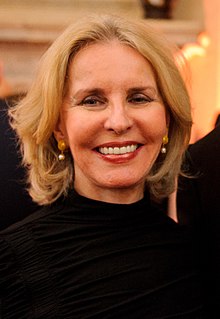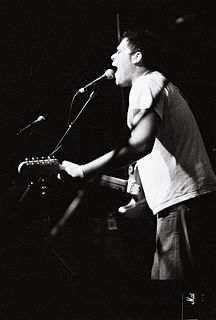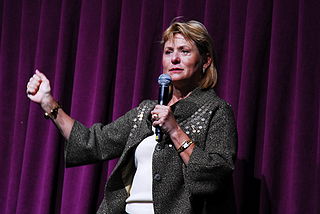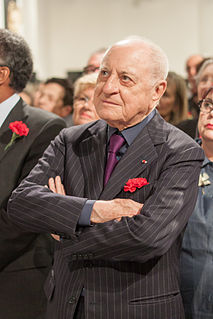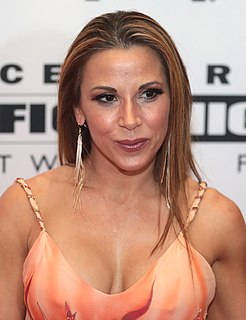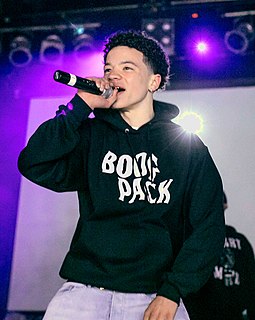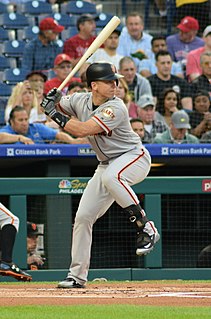A Quote by Sally Quinn
I first came on the scene during the Johnson years and that crowd was out all the time enjoying themselves. Nixon wasn't particularly social but a lot of the people in his administration were.
Related Quotes
I think a lot why our lives shows are good is because of the crowd, and because of the energy that they bring. Also, there was a time when a lot of the people that came to our shows were a bunch of drunk bros. At a certain point, we decided we were going to start calling them out. We also decided to become more gay-positive and feminist and all that stuff, and that we were going to be really vocal about it. After that, our crowd became a lot friendlier, and honestly a lot more fun.
One wonders if Lyndon Johnson and Richard Nixon's administrations may come to be viewed, in the future, as having been underestimated in some respects. To be sure, each ended in failure. Nonetheless, Johnson's accomplishments in civil rights and immigration legislation, and Nixon's in respect to relations with China, may loom larger with the passage of time.
There were a lot of people shouting out. I know it's not proper tennis etiquette, but this is the first time I've ever played here that the crowd has been behind me like that. Today I felt American, you know, for the first time at the U.S. Open. So I've waited my whole career to have this moment and here it is. ... It was great. It was awesome. It was like winning gold.
I couldn't help but be struck that this guy I had thought was the embodiment of everything wrong with American politics, a lot of his domestic policy was mind-numbingly, head-spinningly to the left of Obama's. It was under Nixon that the EPA was created. It was under Nixon that OSHA was created. Under Nixon that the Clean Air and Clean Water Acts were passed.
I actually went to see 'Rushmore,' and I came late, and I missed myself. It was great, that scene. I caught that scene the other day on TV, funny enough, the first scene that you see with Jason Schwartzman and myself, where we talk about his grades. That's a brilliant scene, and I have to say, we play it brilliantly.
